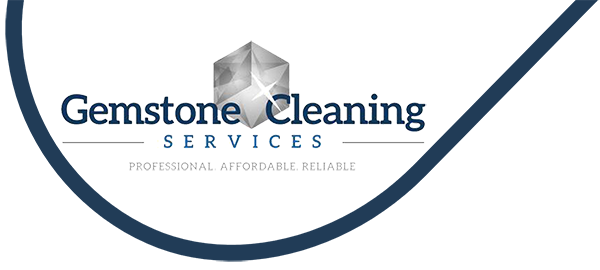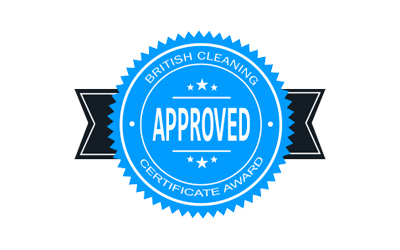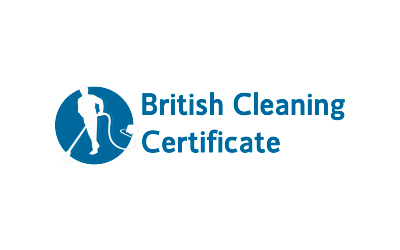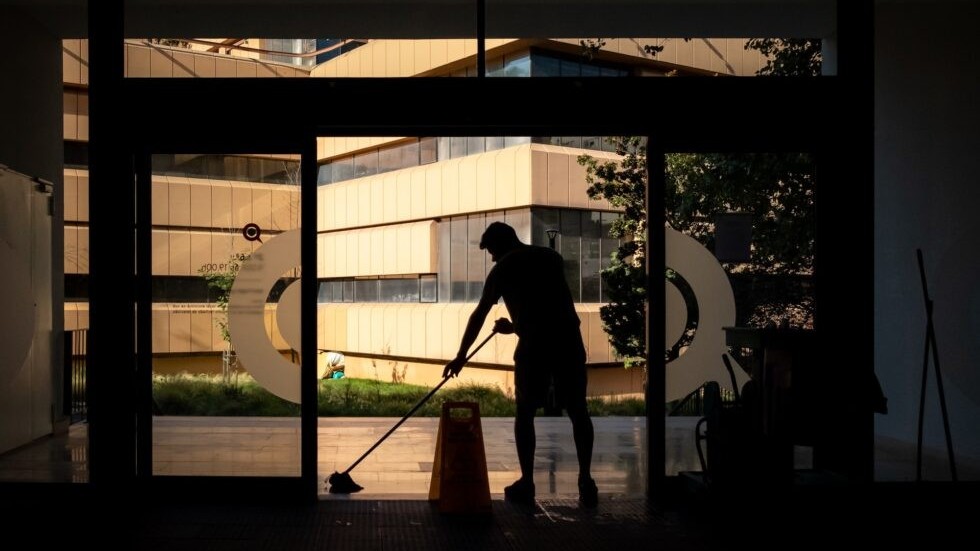
posted 12th February 2024
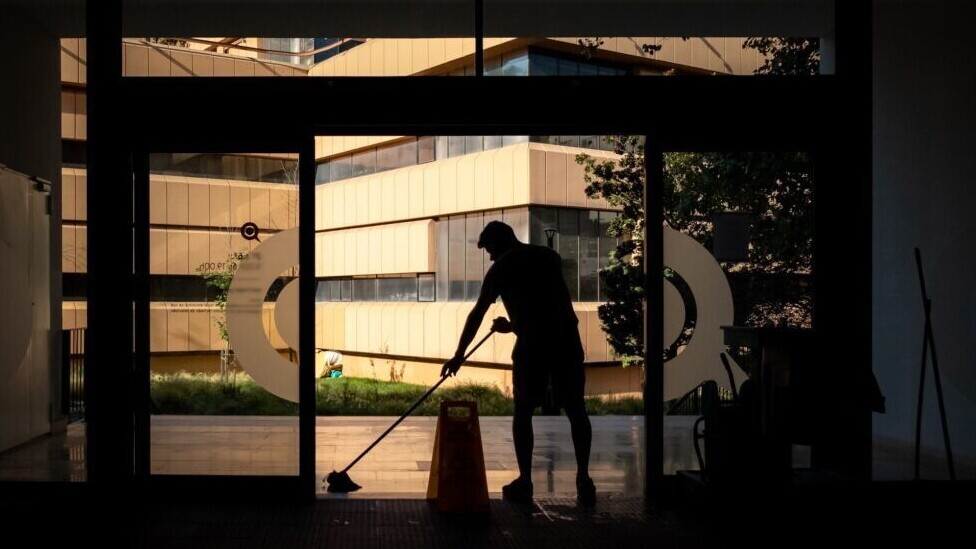
In the pursuit of a highly productive and focused work environment, conventional wisdom often advocates for a clean and organized office space. However, recent studies suggest that a certain level of clutter and mess can have unexpected benefits on productivity and focus. This article delves into the counterintuitive notion that a bit of disorder might be beneficial for workplace performance.
- Fostering Creativity: While a tidy workspace may create an atmosphere of order and efficiency, it can also stifle creativity. A study published in the journal Psychological Science found that moderate levels of messiness can lead to increased creativity and novel idea generation. A slightly disorganized environment may encourage individuals to think outside the box and explore unconventional solutions to problems.
- Reduced Decision Fatigue: Maintaining a pristine office requires constant decision-making about where items should be placed, how they should be organized, and when to clean. This can contribute to decision fatigue, a phenomenon where the quality of decisions deteriorates as the day progresses. A more relaxed approach to office cleanliness may alleviate this burden, allowing employees to channel their mental energy into more critical tasks.
- Embracing Individual Work Styles: Different individuals thrive in distinct work environments. While some may prefer a minimalist and orderly space, others may find inspiration and motivation amidst a little chaos. Allowing employees to personalize their workspaces to some extent can create a sense of ownership and comfort, ultimately boosting morale and productivity.
- Encouraging Adaptability: In rapidly changing work environments, adaptability is a crucial skill. An overly organized and rigid office setting might inadvertently foster resistance to change. On the other hand, a workspace with a bit of clutter may encourage individuals to adapt to evolving circumstances and find creative solutions to challenges.
- Psychological Benefits: A small amount of mess can provide a visual cue that a space is actively used and lived in. This can create a more relaxed and comfortable atmosphere, promoting a sense of authenticity and reducing feelings of stress or intimidation. Employees may feel more at ease in an environment that embraces a healthy level of disorder.
Conclusion:
While the benefits of a clean and organised workspace are well-established, it's essential to recognize that a one-size-fits-all approach may not be suitable for every individual or work scenario. Embracing a moderate level of clutter and mess can have unexpected positive impacts on creativity, adaptability, and overall well-being. Striking a balance between order and disorder may be the key to unlocking untapped potential in the workplace, fostering a culture that values both efficiency and individuality.

